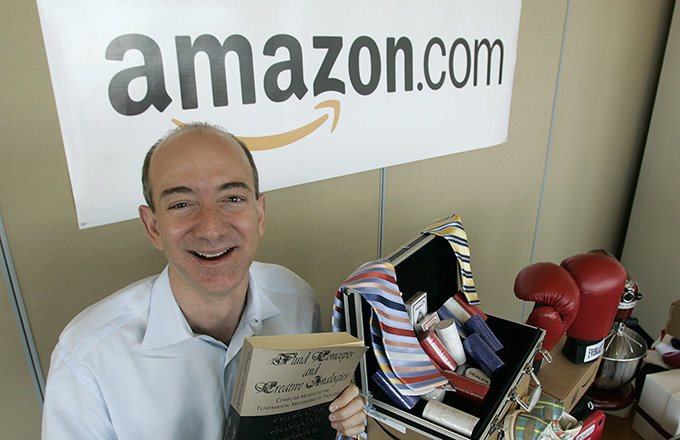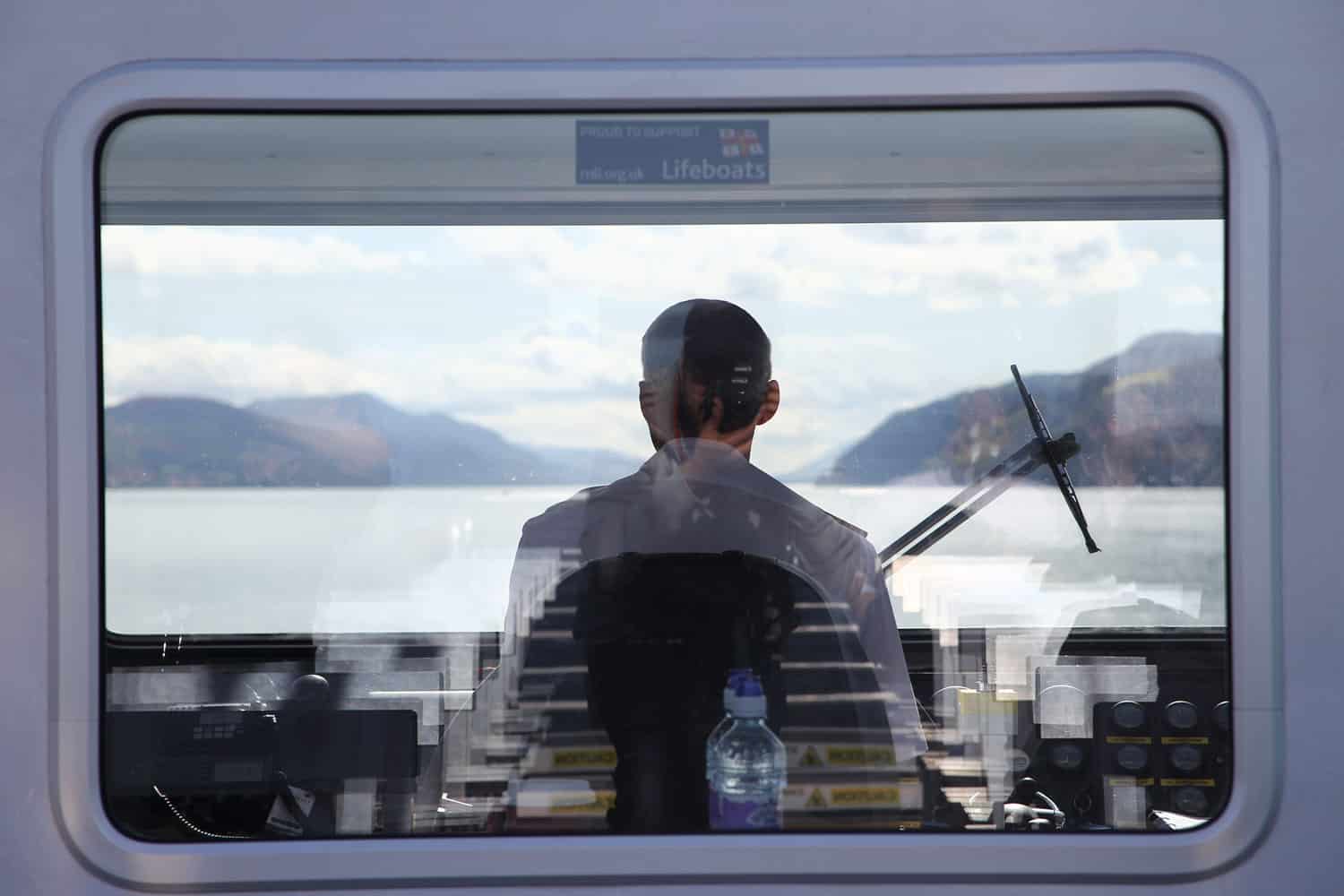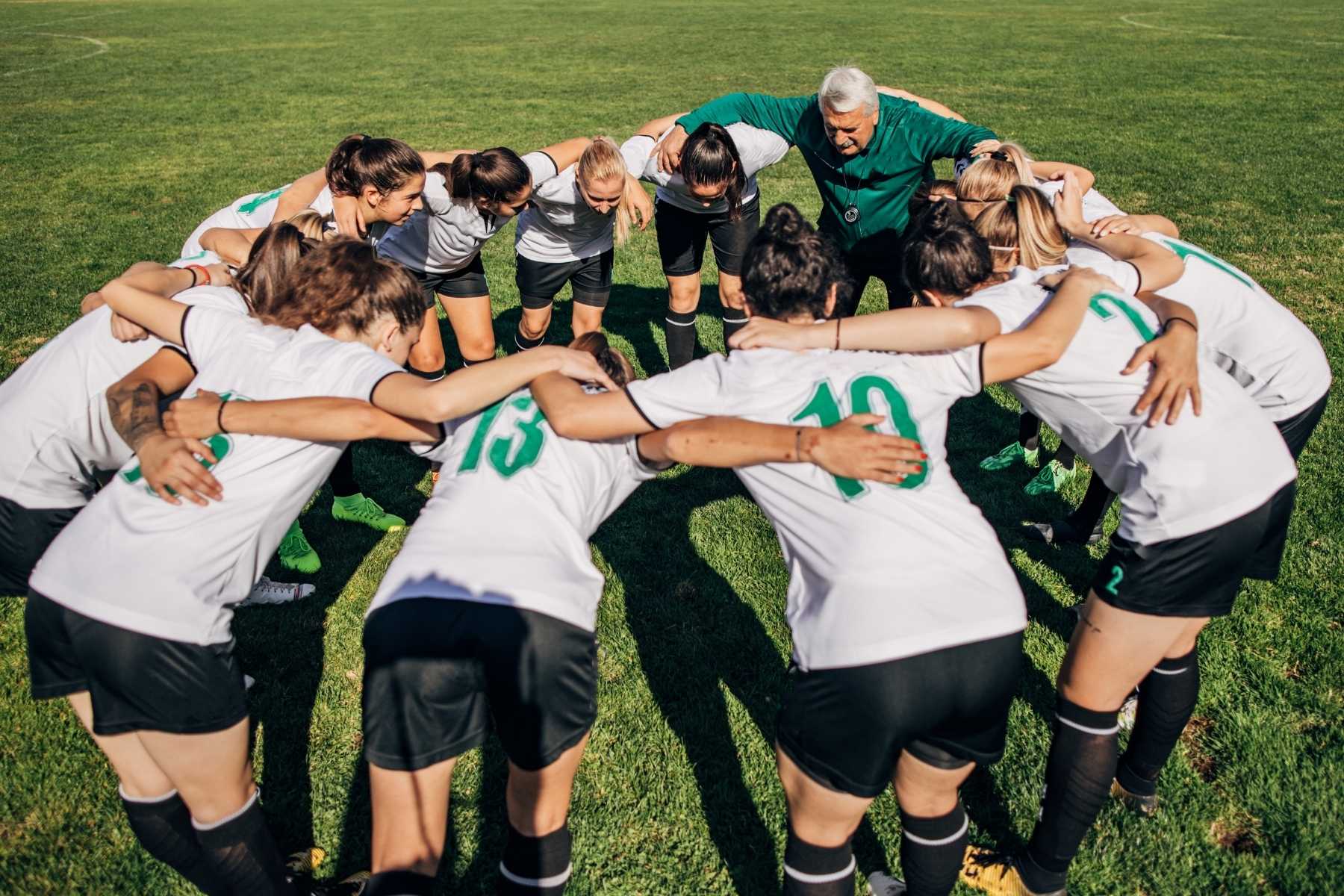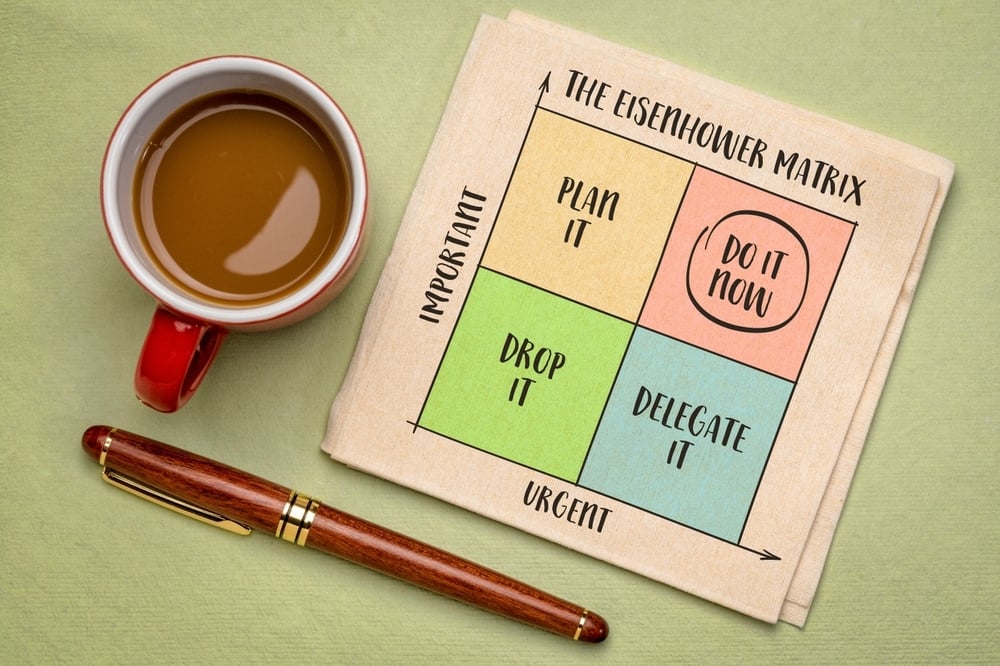
The biggest river in the world
by Ed Reid
Listen to Audio Version:
Do you remember when you first heard of it?
“There’s this company in America. Only sells books. And only sells them online.”
“Really? What’s it called?”
“Amazon, I think.”
“Right. Well good luck with that. I read somewhere that people aren’t reading books any more. And it’s not like this internet thing is going to last…”
You probably had that conversation some time in the late 90s. Just 20 years later Amazon is the biggest online retailer in the world as measured by revenue and market capitalisation. And Jeff Bezos, founder, chairman, president and CEO, is the richest man in the world.

How has Bezos built Amazon to where it is now? And more importantly, are there any lessons we can apply to our rather more modest businesses?
Amazon was founded in July 1994. It was originally called Cadabra, but that name was jettisoned after someone mistakenly heard it as ‘cadaver.’ Bezos also considered calling the company ‘Relentless’ – but that was dismissed for sounding “slightly sinister.”
So why did Bezos settle on Amazon as a name? Because it sounded “exotic and different” and because it was the biggest river in the world and he intended to create the biggest bookstore in the world. “There’s nothing about our model that can’t be copied,” he told a reporter. “McDonald’s got copied and still built a huge, multibillion dollar company. A lot of it comes down to the brand name: they’re more important online than they are in the physical world.”
So lesson number one, brand names are important and lesson number two – not that I’ve ever said this before – the job of a leader is first and foremost to lead, to know where the company is going. “We’re going to create the biggest bookstore in the world.” Good, that’s the destination sorted: and if you want to join me on the journey, that’s fine.
Since then, of course, Amazon has gone on to become rather more than just a bookstore, even going back to a substantial bricks and mortar presence with the purchase of Whole Foods for $13.4bn in 2017.
Now Amazon supplies everything. I am constantly amazed by how many everyday items I buy from them. It simply isn’t worth going shopping – we’ll leave the rights and wrongs of Amazon’s impact on the high street to another day – when I know that Amazon will deliver for free tomorrow. And yes, I still remember the sense of wonderment when I first ordered something late at night and it turned up – as promised – the next day.
There are now more than 100 million members of Amazon Prime: that’s equivalent to 64% of the households in the US and for me it’s lesson number three. Deliver what you promise to deliver, on time, every time.
But the biggest lesson from Amazon is simple. It’s one that all of us in the TAB family know all too well – but it never hurts to be reminded.
No regrets.
When he founded Amazon at the age of 30 Jeff Bezos was a vice-president of a Wall Street brokerage. He was presumably on course for a successful and wealthy career.
But he went west, as a result of what he described as his ‘regret minimisation framework.’ In a 2010 speech at Princeton he described the decision as “the less safe path.”
“I decided I had to give it a shot,” he said. “I didn’t think I’d regret trying and failing. And I suspected that I would also be haunted by the decision not to try.”
The company was funded with $100,000 of personal and family money. Within a month of the launch it had already shipped to every US state and to 45 countries. In the first five years customer accounts jumped from 180,000 to 17 million. Sales went from $511,000 to $1.6bn – and Jeff Bezos was one of the world’s richest men.
One final lesson? An absolute focus on your customer. Amazon has always been a company willing to spend money to make money. It failed to make an annual profit in 10 of its first 23 years as it ploughed money back into what Bezos described as a “heads down focus on the customer,” cutting prices, offering free shipping and developing new devices like the Kindle.
Along the way Amazon has revolutionised our shopping habits: the current buzzword, disruption, doesn’t begin to describe it. And like every successful company, plenty of ex-employees have gone on to found very successful companies of their own – always a measure of an entrepreneur’s success.
But none of it would have happened without Jeff Bezos’ regret minimisation framework – his decision to take the less safe path. The poet Robert Frost put it rather more eloquently, in words which speak to every single entrepreneur:
Two roads diverged in a wood and I –
I took the one less travelled by,
And that has made all the difference.
By Ed Reid - The Alternative Board UK
Related articles

Are You Leading or Managing?
Jimi Ball looks at a key issue many business owners face: managing the work rather than leading the business. He shows us how to change that.

The importance of closely managing your cash flow
Liz Horsey, TAB Facilitator in Derby and the East Midlands talks about the importance of closely managing your cash flow and the steps to take to do so.

Evolution or Revolution?
As part of his bi-weekly blog, Ed Reid turns to sport and discusses the important of cohesion in a team and how it accelerates performance.





